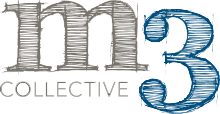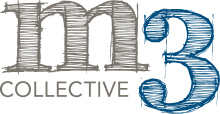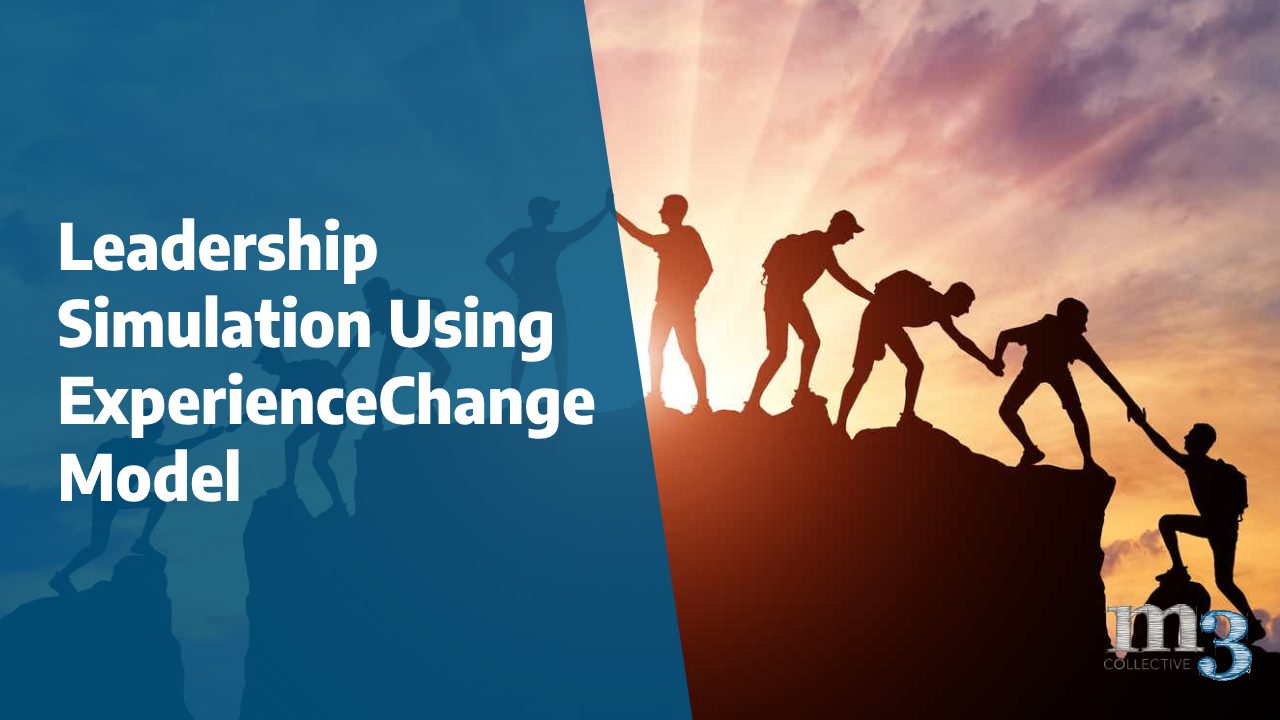In an era marked by rapid technological advancements and ever-shifting market dynamics, the concept of leadership has evolved significantly. Today’s workplace calls for Dynamic Leadership Approaches that are agile, adaptable, and innovative.
Introduction to Dynamic Leadership in Today’s Work Environment
The modern work environment is characterised by constant change and complexity. In this context, static leadership styles are no longer effective. Dynamic leadership, with its focus on adaptability and responsiveness, has become essential for navigating the challenges and leveraging the opportunities of the contemporary business landscape.
Core Principles of Dynamic Leadership Approaches
Dynamic leadership is not just a set of actions but a mindset. It involves being proactive in the face of change, fostering a culture of continuous improvement, and being open to new ideas and approaches. Fundamental principles include adaptability, resilience, and a forward-thinking approach.
Embracing Change and Adaptability
One of the hallmarks of dynamic leadership is the capacity to embrace change. Dynamic leaders are not just reactive to change; they anticipate and prepare for it. They understand adaptability is crucial for survival and success in today’s fast-paced business world.
Fostering Innovation and Creative Thinking
Dynamic leaders are champions of innovation. They encourage their teams to think creatively and challenge the status quo. By promoting a culture that values innovation, these leaders drive their organisations toward continual growth and development.
The Agile Leadership Model

Agile leadership is a key component of dynamic leadership. It borrows from agile methodologies, emphasising flexibility, collaboration, and rapid response to change. Agile leaders are adept at navigating complex situations and guiding their teams through uncertainty.
Agile Decision Making and Problem Solving
In the realm of agile leadership, decision-making is swift and informed by real-time data. Agile leaders are skilled in analysing situations quickly and making decisions that balance speed with accuracy. They excel in problem-solving in dynamic and uncertain environments.
Building Agile Teams and Workplaces
Creating agile teams and workplaces is essential for dynamic leadership. This involves cultivating an environment where team members are empowered to take initiative, experiment, and learn from their experiences. An agile workplace is adaptable, resilient, and ready for change.
Change Management Course: A Tool for Dynamic Leaders
To develop dynamic leadership skills, many professionals turn to change management courses. These courses provide leaders with the tools and knowledge to effectively manage change, build resilience in their teams, and lead with agility.
Key Takeaways from Change Management Courses
Participants in change management courses learn vital skills such as stakeholder engagement, effective communication during change, and strategies for mitigating resistance to change. These courses are invaluable for leaders looking to excel in dynamic and agile leadership roles.
Implementing Dynamic Leadership in Practice
Putting dynamic leadership into practice involves being open to learning and adapting. It requires leaders to stay informed about industry trends, invest in continuous learning, and create a feedback-rich environment where learning from mistakes is encouraged.
The Impact of Technology on Dynamic Leadership

Technology plays a significant role in shaping leadership practices. Leaders must proficiently utilise digital tools and platforms to enhance communication, streamline processes, and facilitate decision-making in a fast-paced environment.
Leveraging Digital Tools for Effective Leadership
Dynamic leaders use technology not just for efficiency but also for fostering engagement and collaboration. They leverage digital tools to connect with their teams, gather insights, and make data-driven decisions, enhancing their leadership effectiveness.
Developing a Global Mindset in Leadership
In today’s interconnected world, leadership also means having a global perspective. With our guide, you’ll gain a deeper understanding of cultural nuances, global market trends, and cross-cultural communication strategies. Whether you’re leading a multinational team or expanding into new markets, our insights will help you navigate the complexities of a globalised world.
Embracing Cultural Diversity and Inclusion
Dynamic leaders are champions of diversity and inclusion. They understand the value of diverse perspectives and create an inclusive environment where everyone feels valued and can contribute to their fullest potential.
Challenges and Opportunities in Dynamic Leadership
While dynamic leadership is highly effective, it comes with challenges, such as managing the uncertainty and stress associated with constant change. However, these challenges present opportunities for growth, innovation, and enhanced competitiveness.
FAQ Section
The most essential trait is adaptability – the ability to change course and strategy in response to shifting conditions and new information.
Agile Leadership contributes by creating a flexible and responsive organisational culture capable of quickly adapting to market changes and customer needs.
Conclusion
As we look to the future, dynamic leadership approaches will become increasingly vital in the modern workplace. Leaders who adopt these approaches will be better equipped to handle the challenges and harness the opportunities of a rapidly changing business world. Choose us as your premier resource for dynamic leadership. Authored by seasoned experts, our guide offers insights from successes and setbacks alike. With comprehensive coverage tailored to leaders at every stage, we provide continuous support for your ongoing leadership evolution.













